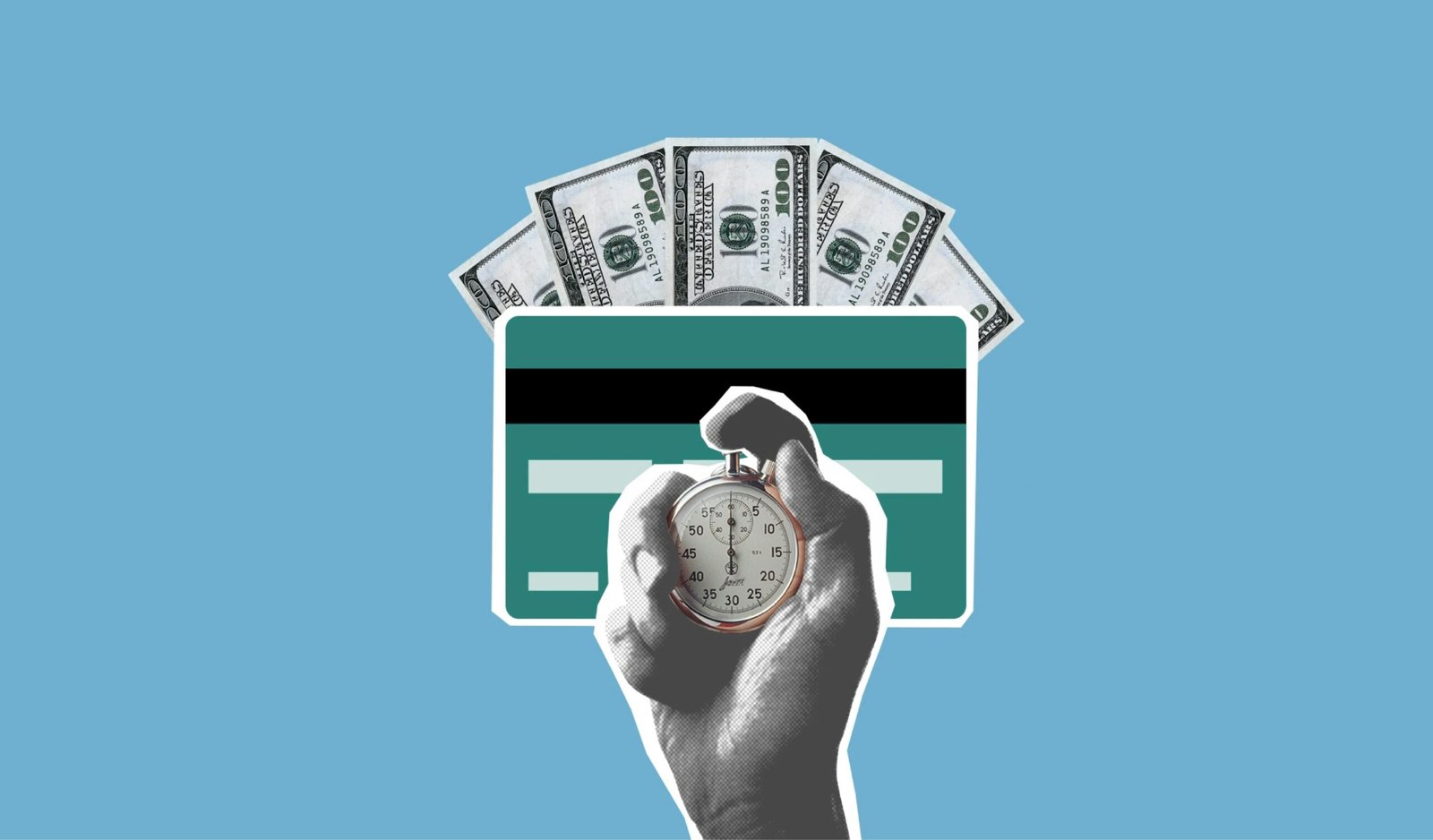Breaking News
Popular News




Enter your email address below and subscribe to our newsletter

If you’re on your financial journey and wondering whether to pay off debt or invest first, you’re not alone. This is one of the most debated personal finance questions—and the answer often depends on your specific situation. In this guide from bit2050.com, we’ll break it down so you can make the best decision for your future.
Paying off debt—especially high-interest debt like credit cards—can be a powerful step toward financial independence. Here’s why:
High interest eats into your income.
Debt with interest rates above 10% can easily outpace your investment returns.
Improved credit score.
Lower debt utilization can boost your credit score.
Mental clarity.
Living debt-free provides emotional and mental peace.
On the flip side, investing early can leverage time and compounding. Here’s why it might be the better option:
Compound growth.
Investing in assets like stocks or crypto can yield significant long-term returns.
Employer-matched 401(k) or pension plans.
That’s free money—don’t miss out!
Inflation hedge.
Investments often outpace inflation, while cash loses value over time.
Let’s look at the key factors that help determine whether to pay off debt or invest:
| Factor | Recommendation |
|---|---|
| Debt Interest Rate > 7% | Pay Off Debt First |
| Debt Interest Rate < 5% | Consider Investing |
| Emergency Fund Status | Build Savings First |
| Age & Time Horizon | Start Investing Early |
| Financial Stress Level | Focus on Peace of Mind |
In many cases, a hybrid approach is best. For example:
Pay off high-interest debt aggressively.
Invest a small portion (e.g., 10-15%) into retirement accounts.
Refinance or consolidate low-interest loans.
This strategy helps you build wealth while keeping liabilities in check.
So, should you pay off debt or invest first? There’s no one-size-fits-all answer. But by evaluating your unique situation, interest rates, and goals—you can make a smart financial decision. For more insights and guides, explore other personal finance topics at bit2050.com.
Q1. Is it smart to invest while still in debt?
Yes, if the interest rate on your debt is low and you have an emergency fund.
Q2. Should I pay off my student loans before investing?
It depends on the interest rate. If it’s below 5%, consider investing as well.
Q3. What’s a good debt-to-income ratio?
Below 36% is considered healthy by most financial experts.
Q4. Can I use investments to pay off debt?
Only if your investments have outpaced your debt growth. Timing and tax implications matter.
debt management, investing tips, financial planning, personal finance, pay off debt or invest, wealth building, money management, bit2050